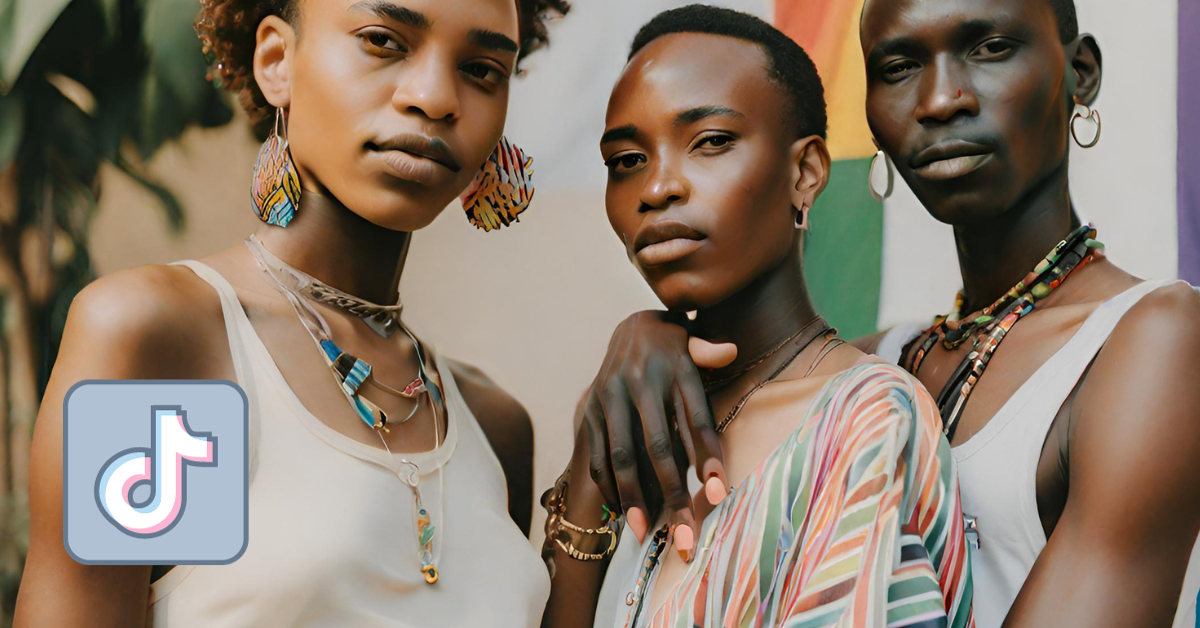TikTok and Kenyan government work to ban LGBTQ+ content
1. TikTok’s LGBTQ+ Content Negotiations in Kenya
TikTok, the renowned video-sharing platform, is currently negotiating with the Kenyan government to eliminate LGBTQ+ content, aligning with Section 165 of the nation’s legal code that prohibits consensual same-sex relationships. This dialogue emerges amidst the contemplation of a new legislation that could potentially lead to a life sentence for individuals engaged in homosexual acts.
2. TikTok’s Measures Against Restricted Content in Kenya
The platform has already taken stringent measures by deactivating and demonetizing the accounts of Kenyan content creators who have shared content deemed “inappropriate or restricted.” Moreover, TikTok is in the process of creating AI tools designed to identify and remove such content automatically. A national training initiative is also underway to educate Kenyan users on generating and promoting content that aligns with the nation’s cultural and moral values, as reported by The Los Angeles Blade.
3. Public Response to TikTok’s Content Crackdown
This crackdown on content was initiated following a petition by Bob Ndolo, demanding the National Assembly to prohibit TikTok for disseminating content that is violent, sexually explicit, and contrary to Kenya’s cultural and religious norms. However, this move has been met with resistance from the national TikTok community, especially those who earn from their content. They have urged the government to implement regulations to curb the sharing of inappropriate content rather than banning the app outright.

4. Government and TikTok’s Discussion on Content Regulation
In a virtual meeting held on August 24, President William Ruto and other top government officials engaged in a discussion with TikTok CEO Shou Zi Chew regarding content regulation in adherence to Kenyan laws. Chew consented to the removal of content that violates community standards and pledged to develop AI tools to automatically detect and eliminate such content. Additionally, a campaign is in the pipeline to assist users in creating and promoting “positive” content.
5. Kenya’s ICT Ministry and KFCB’s Role in Content Discussions
The Information, Communication, and Technology Ministry and the Kenya Film Classification Board (KFCB) are among the government entities participating in these discussions. Earlier, KFCB collaborated with Netflix and other local video-on-demand platforms to expunge all LGBTQ+-specific content.
6. Introduction of the “Family Protection Bill” in Kenya
In a related development, Kenyan MP Peter Kaluma introduced the “Family Protection Bill,” inspired by Uganda’s Anti-Homosexuality Act, following his participation in a summit organized by the Arizona-based Family Watch International, a group known for promoting anti-LGBTQ+ and anti-abortion ideologies globally.
7. TikTok’s History of Content Regulation Controversies
TikTok, a creation of the Beijing-based company ByteDance, has a history of controversies related to content regulation. In 2019, it instructed its moderators to restrict the reach of content created by LGBTQ+ and disabled individuals to mitigate cyberbullying. The platform also faced backlash for prohibiting LGBTQ+ and political content in Turkey, where homosexuality is not illegal.
8. Concerns Over TikTok’s Content Moderation Policies
The platform’s moderation policies continue to be subjective, leading to potential censorship of queer content. In Ethiopia, calls for violence against the LGBTQ+ community proliferated on TikTok, raising concerns about the platform’s content moderation effectiveness.
9. Global Concerns of LGBTQ+ Censorship on TikTok
A 2020 policy brief highlighted ongoing issues with TikTok suppressing freedom of expression. LGBTQ+ users globally have raised concerns about censorship, with certain hashtags related to LGBTQ+ issues being unsearchable in various languages.
10. TikTok’s Compliance with National Legal Frameworks
TikTok representatives affirmed that LGBTQ+-specific content would be removed upon request by law enforcement agencies in respective countries, underscoring the platform’s compliance with national legal frameworks.














+ There are no comments
Add yours